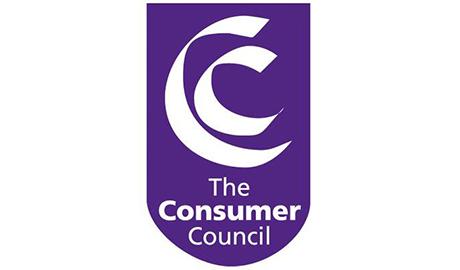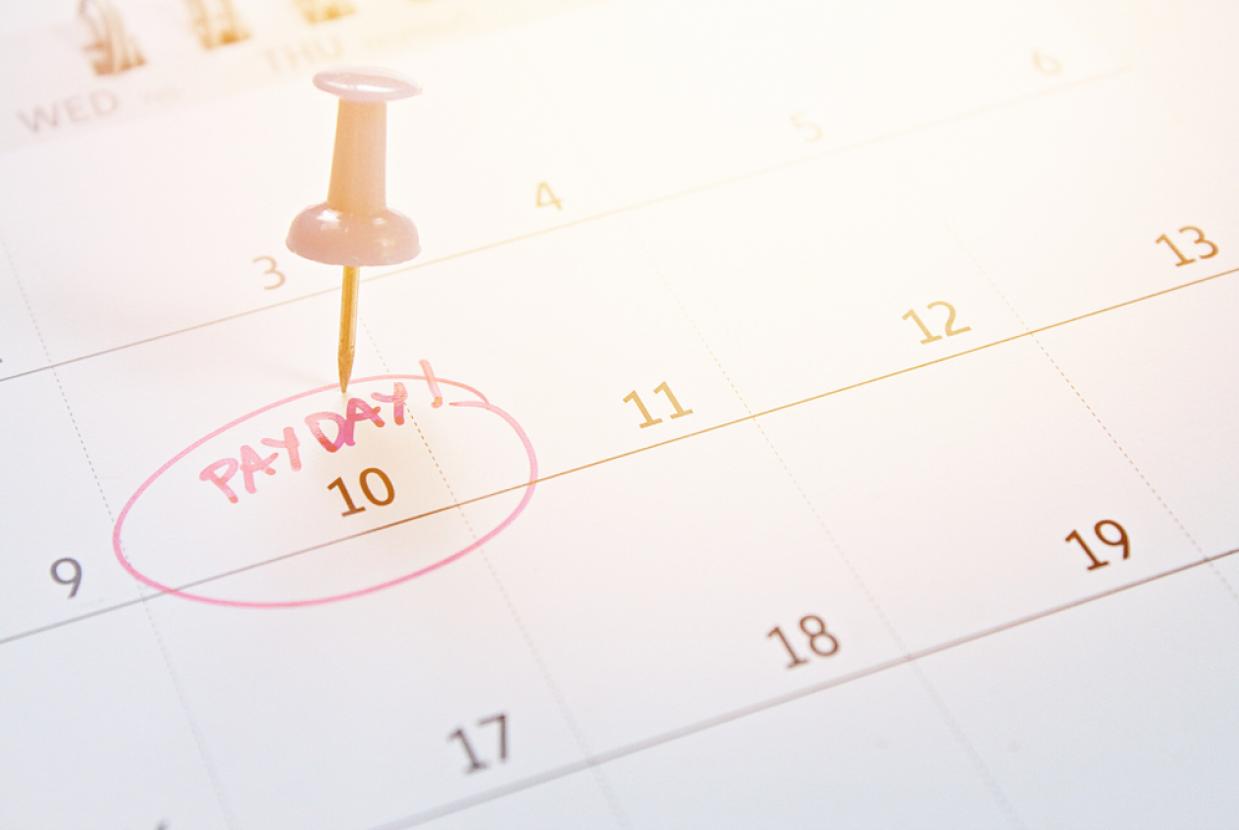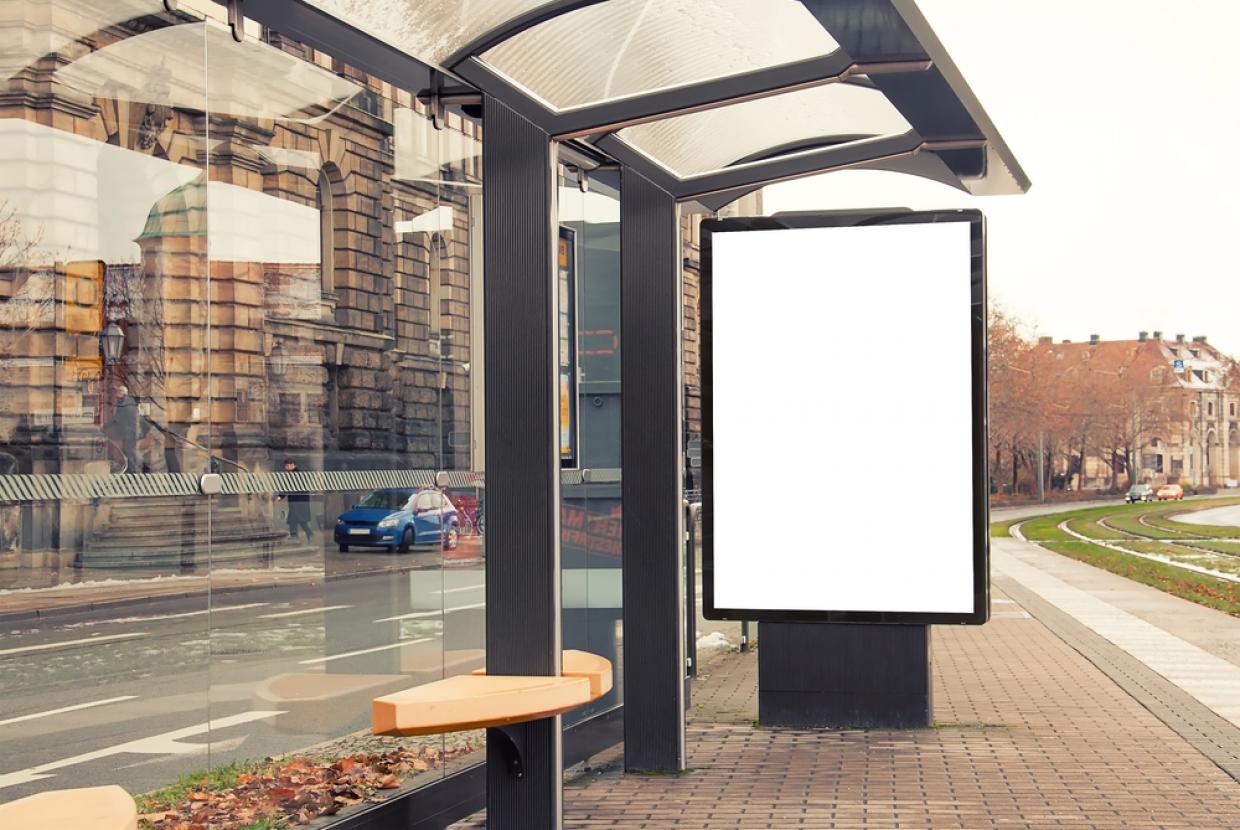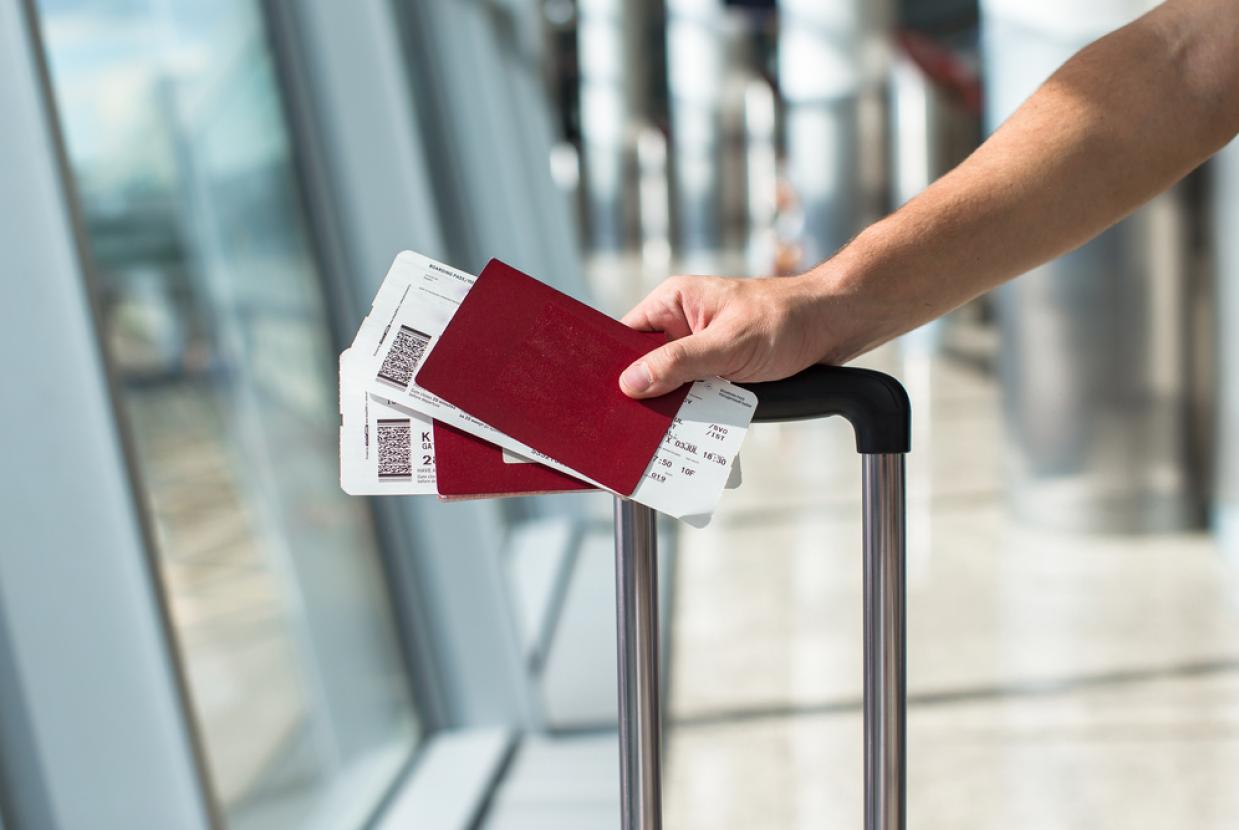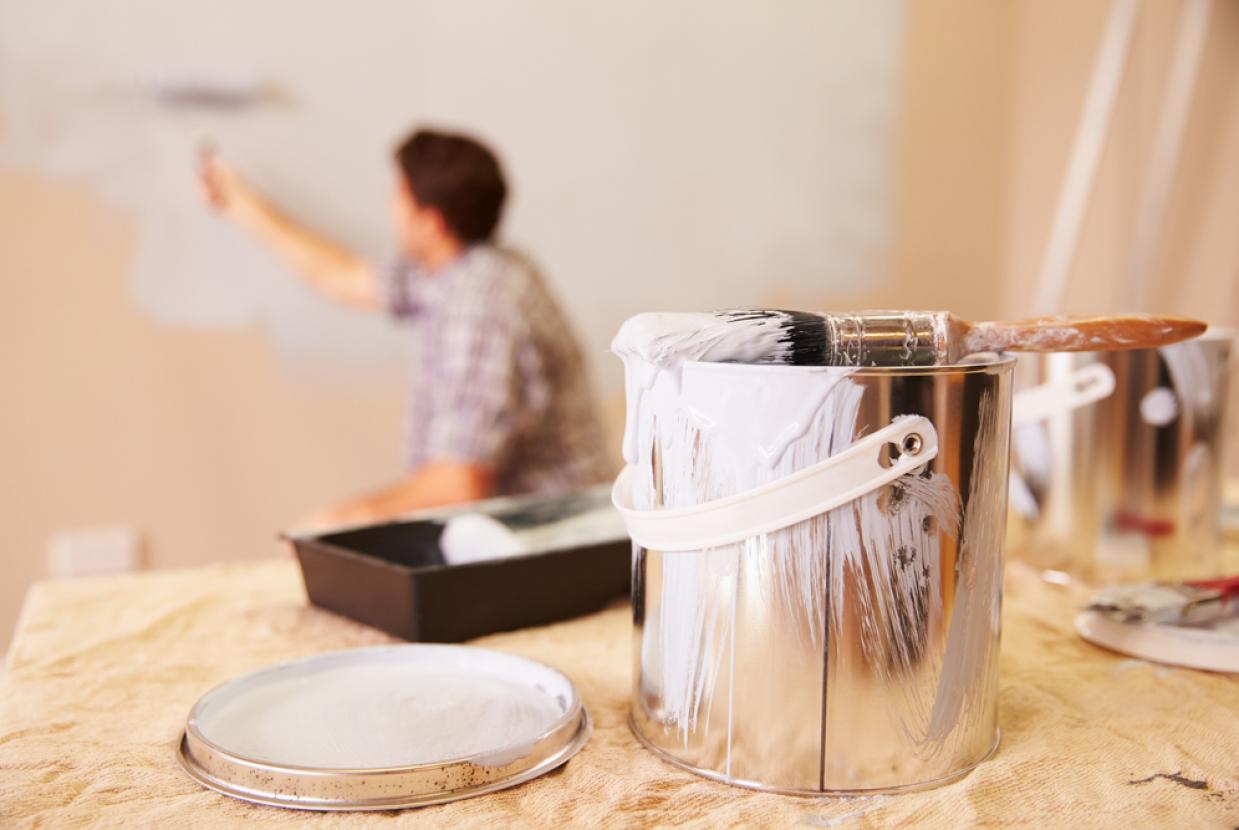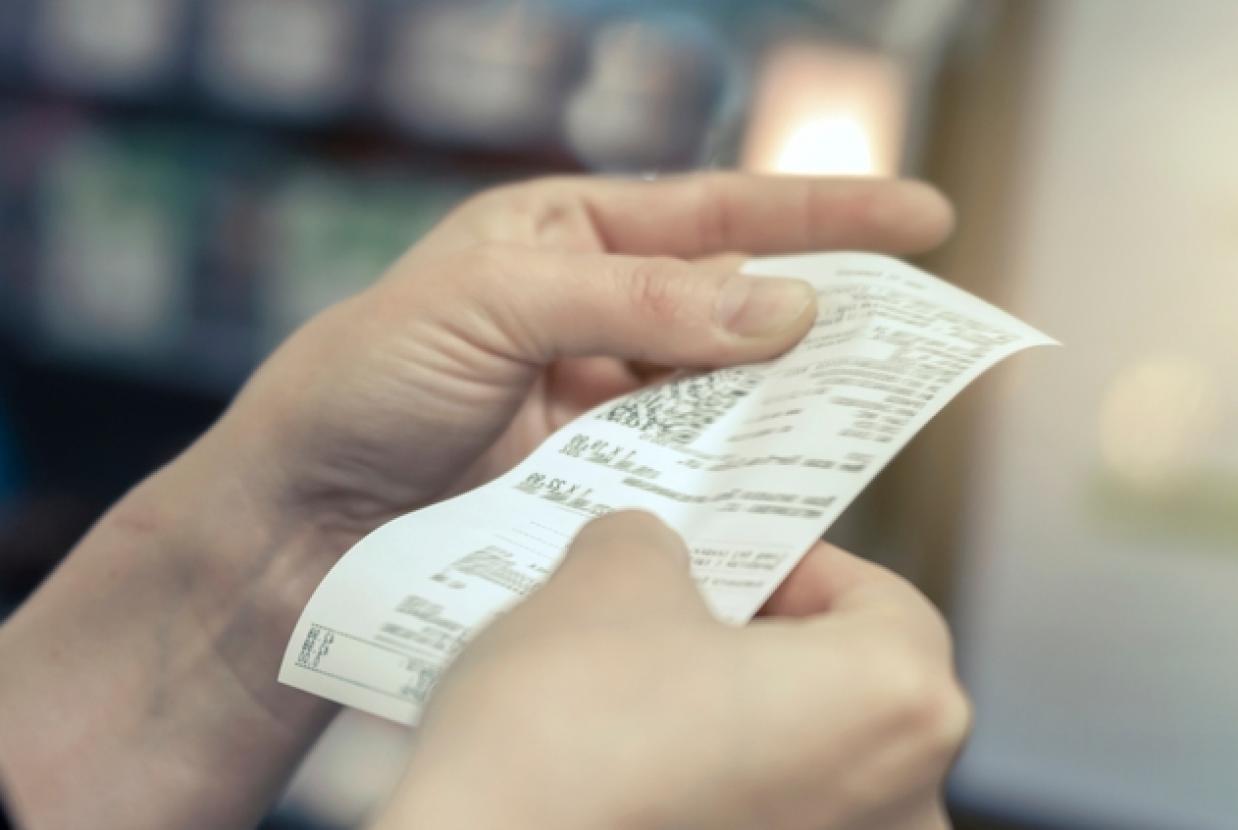Dealing With Disputes
If you are stuck in a dispute with a trader, for example about faulty goods or unsatisfactory service, here are the steps you can take.
Step 1. Contact the trader
Always begin by letting the trader know as soon as you become aware of the issue. This gives the trader a chance to put things right. For more complex issues, or following a telephone conversation, put this in writing, by letter or email, explaining the full situation and what you would like to be done about it.
This provides a paper trail if you need to take things further. Keep copies of all correspondence. If the trader has an official complaints procedure, follow the instructions to take the matter further. If you remain unhappy with their response, or are dissatisfied with the way your complaint is handled, you could contact the company’s trade association, if they are a member, and take your complaint further with them.
Step 2. Contact your local consumer representation body
If you need expert help and advice about taking things further, or simply want to check your rights, you can contact a consumer or advice organisation such as Consumerline, managed by Northern Ireland Trading Standards Service, or an independent consumer advice centre.
If you live in Belfast, or the trader is based in Belfast, or has its headquarters in Belfast, you can also use the Consumer Advice Centre run by Belfast City Council.
Step 3. Use an Alternative Dispute Resolution (ADR) scheme
Alternative Dispute Resolution (ADR) is intended as a way of avoiding going to court. In some sectors, the law requires traders to belong to an ADR scheme. For example estate agents and telecommunications companies.
In other sectors it is not compulsory by law for a trader to be part of an ADR scheme. However, if a dispute arises, and the trader has not considered using ADR, this could be looked at unfavourably by the courts, and the company may be penalised. It is important to note that not all ADR schemes are the same. Some offer conciliation and mediation, adjudication; or arbitration.
Note: Arbitration is binding on both parties, and if you are unhappy with the decision, you will not be able to take the matter to court afterwards, or use an ombudsman service.
Step 4. Refer to an Ombudsman
Ombudsmen are a form of Alternative Dispute Resolution. Before you go to an ombudsman, you usually need to have exhausted the trader’s official complaints procedure. You can ask the trader for a letter of deadlock to show you have done all you can to resolve the complaint.
Remember, contacting an ombudsman scheme is a last resort, so do all you can to rectify the situation with the trader first.
Step 5. Use the Small Claims Court
The Small Claims Court is a low cost, quick and informal way of settling disputes. It allows anyone to make a claim to recover money owed to them. The Small Claims Court is less formal than the higher courts and does not require the presence of solicitors or barristers.
The types of claims that can be brought include claims for:
- Faulty goods;
- Unsatisfactory workmanship or services;
- Debts; and
- Damage to property.
The total amount of your claim must not exceed £3,000 unless you clearly state that you intend to “abandon the excess” and agree to limit your claim to £3,000, even though the true amount of the claim is higher.
Procedure and fees
The procedure is simple and involves completing a one-page form and paying a fee which is determined by the amount of the claim.
You can get an application form from www.courtsni.gov.uk or your nearest:
- Court office; or
- Local advice centre.
You can also make a small claim online by visiting https://www.justice-ni.gov.uk/articles/online-services
Before you proceed
Ask the Enforcement of Judgments Office (EJO) to make a search for a person or trader (the respondent). This will show if they already owe money against previous enforced judgments. This will help you decide whether or not to proceed with court action, as it could mean even if you ‘win’ the case, you may not get your money back immediately, if at all. There is a small fee for this service. Contact the Enforcement of Judgments Office.



